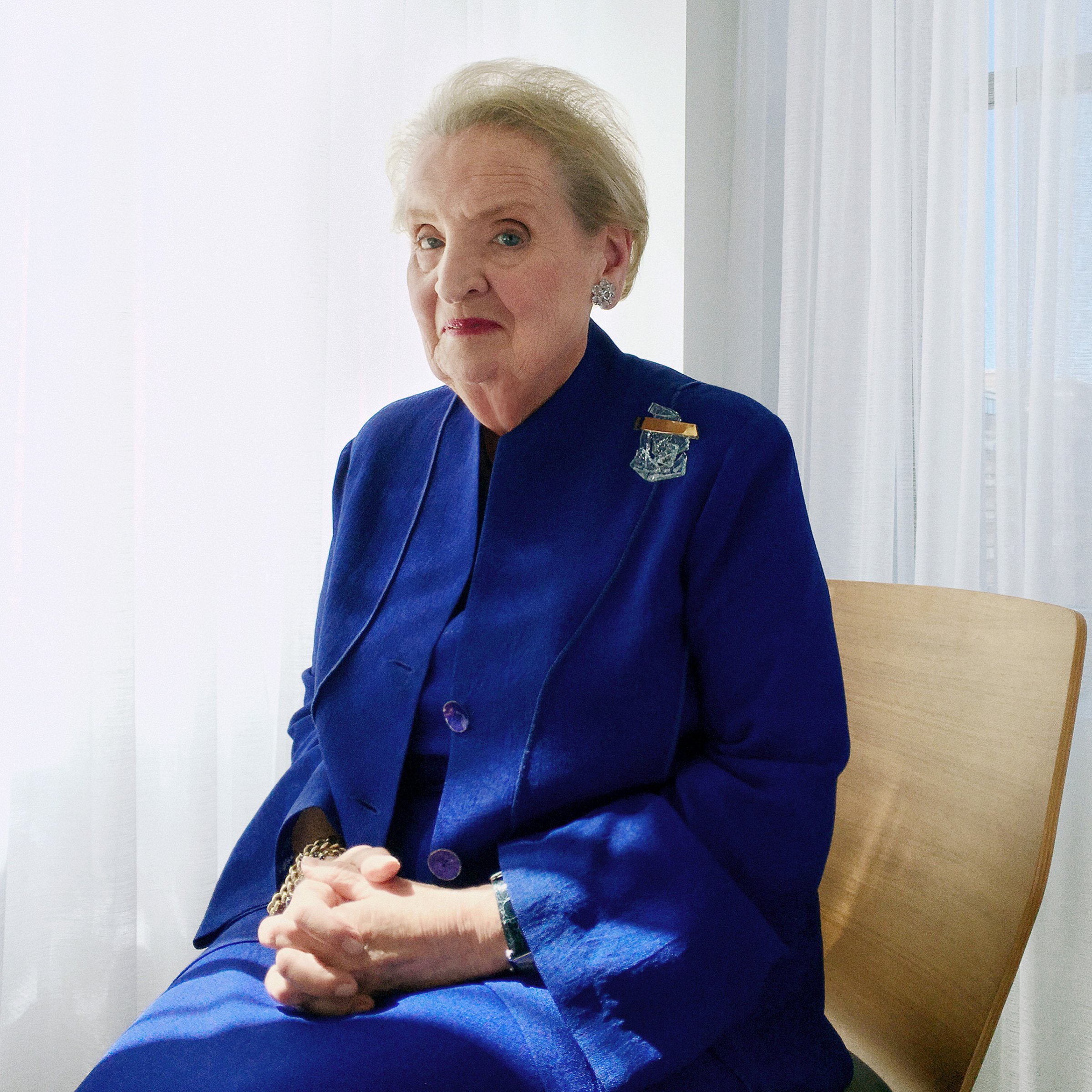
Madeleine Albright, the barrier-breaking political leader who immigrated to the United States as a refugee and eventually became the first woman to ever serve as Secretary of State, died Wednesday of cancer. She was 84.
“She was surrounded by family and friends,” her family said in a statement. “We have lost a loving mother, grandmother, sister, aunt, and friend.”
Albright, who was born Marie Jana Korbelova in Prague in 1937, became a leading expert on foreign policy during a political career that eventually brought her around the world as U.S. Secretary of State from 1997 to 2001, a position that made her the highest-ranking woman in U.S. government history at the time.
Those who worked with Albright and chronicled her career remember her as an effective communicator who explained complex international issues with clarity, a “gatherer of people” who believed in fostering bipartisanship through conversation, a “no-nonsense” negotiator who often employed her eclectic pin collection to send diplomatic messages, and a feminist icon whose voice on global affairs long outlasted her years of public service.
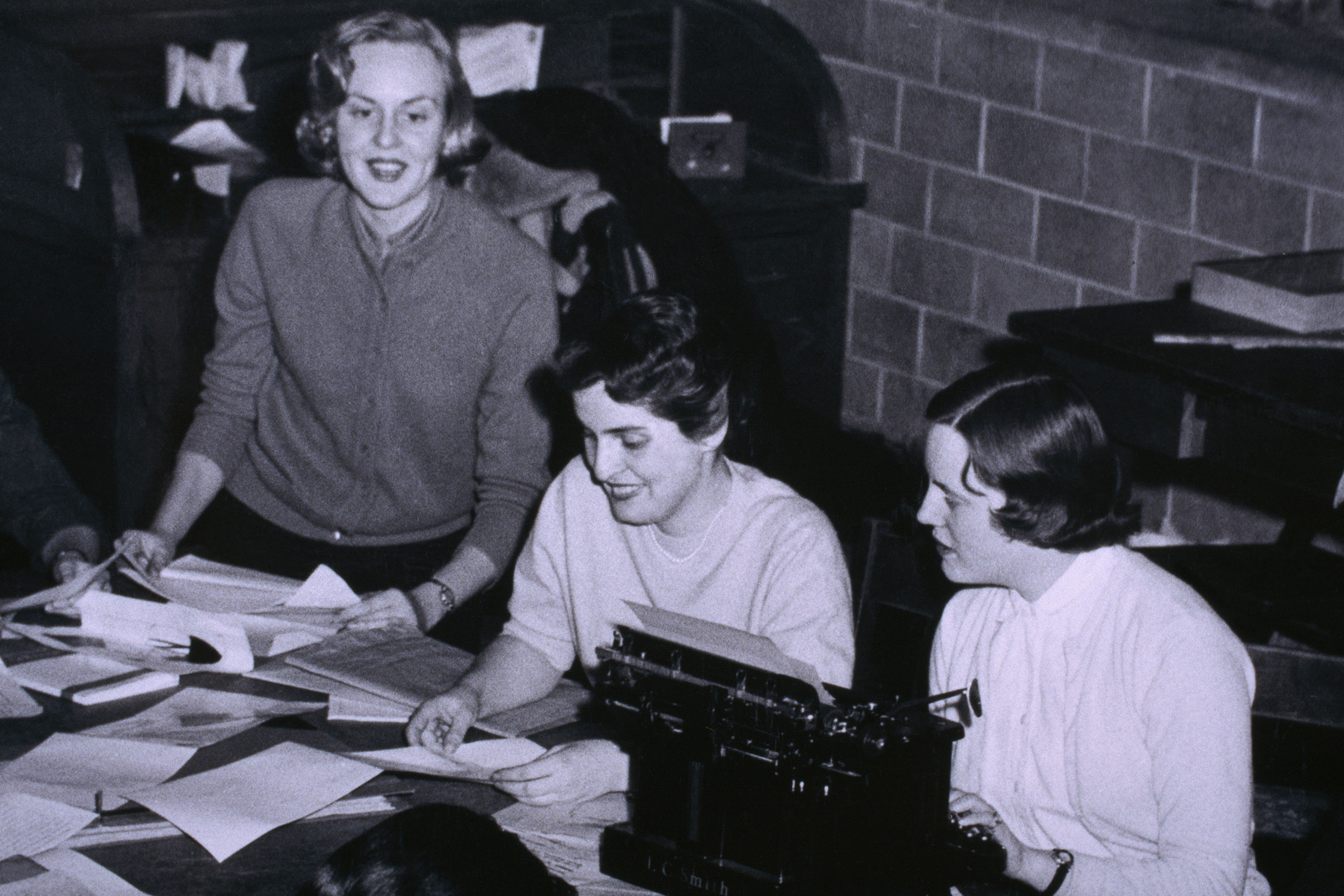
Albright was a champion of women’s rights internationally and a vocal advocate for Democratic women in U.S. politics, famously warning that “there’s a special place in hell for women who don’t help other women” — a motto borne out of the scrutiny she faced from women in her life when she pursued graduate school while her children were still young.
“It had not occurred to me, frankly, that I would ever be in a position to break a glass ceiling — particularly a woman who’s married and the mother of twins,” Albright told TIME in 2016. “But the turning point did come.”
FIRSTS: Madeleine Albright interview from 2017
Albright, whose father was a Czech diplomat, was a child when her family left Czechoslovakia for England in 1939, shortly after the Nazis invaded the country. They returned after the war but fled again in 1948 when the communists seized power, this time immigrating to the United States. Albright later discovered, through a Washington Post reporter, that her family was Jewish and that many of her family members who remained in Czechoslovakia during the war had been killed in the Holocaust.
Albright became a United States citizen in 1957, and graduated from Wellesley College with honors in 1959. She married Joseph Medill Patterson Albright three days later. Like him, she had intended to pursue a career in journalism, until his editor at the Chicago Sun-Times told her that working at the same newspaper as her husband would violate labor regulations and working at a competing newspaper in the city would be unseemly.
“There were periods of my life when I was not sure if I would be able to carry out the desires that I had when I was in college,” Albright told TIME in 2016. “I had twin daughters when I was 24 — they were born prematurely — and I initially stayed at home with them. But as much as I loved being a mother, I could not figure out why I had gone to college just to figure out how to get them in and out of the apartment or give them baths.”
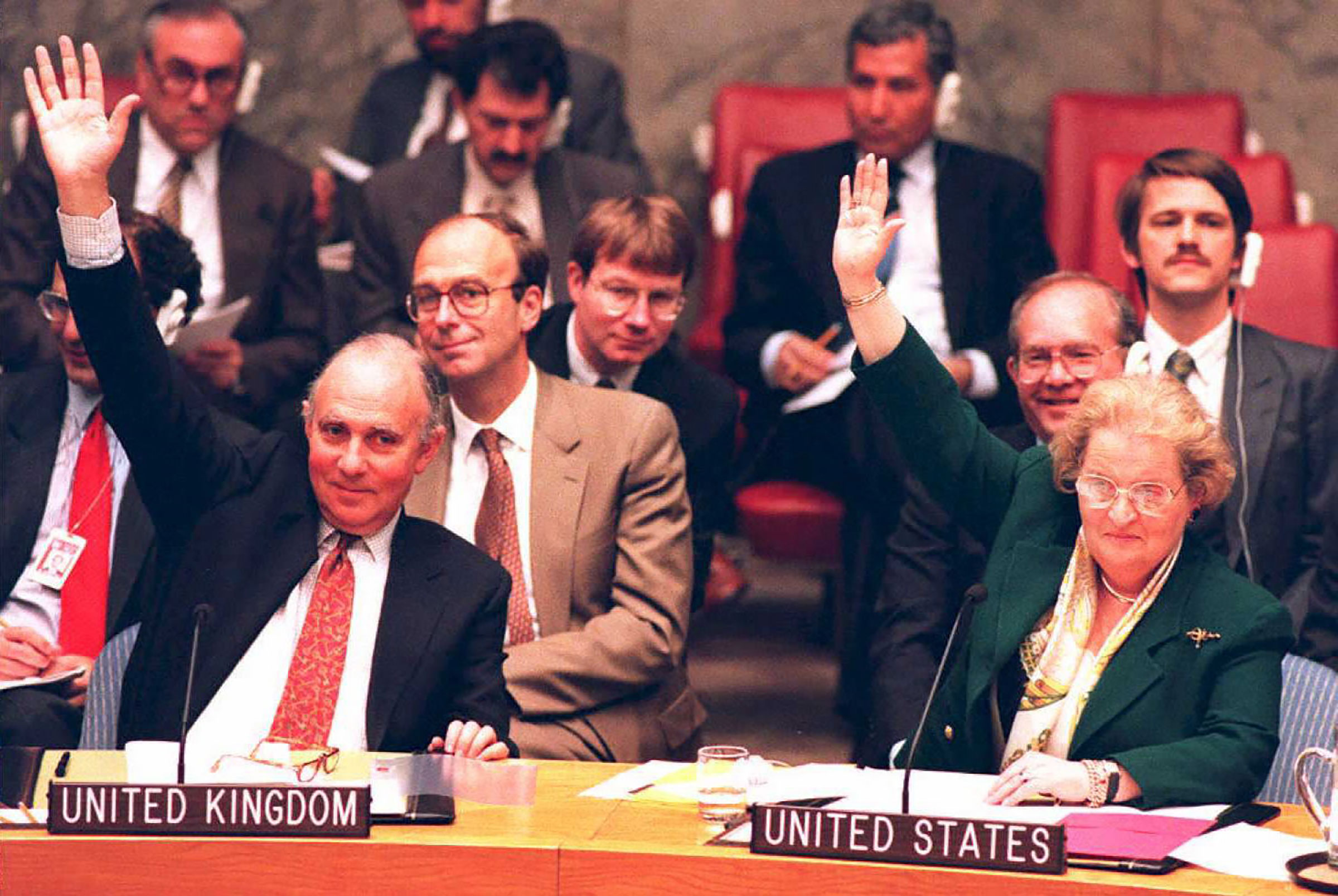
Read more: 100 Women of the Year—Madeleine Albright
But Albright did find her way back to the workforce, first earning her PhD in public law and government at Columbia University in 1976 and studying under Zbigniew Brzezinski, who later brought Albright onto the National Security Council when he became National Security Adviser to President Jimmy Carter.
Albright became an influential voice in the Democratic Party. During the 1984 presidential campaign, she was a foreign policy adviser to Democratic nominee Walter Mondale and his running mate, Geraldine Ferraro.
“It gave her an additional springboard,” says former Maryland Sen. Barbara Mikulski, whose more than 30-year friendship with Albright began when they both campaigned with Ferraro. “She was a player in national politics and viewed as a key adviser in presidential politics.”
When Mikulski ran for Senate in 1986, she also sought foreign policy advice from Albright, who “would always have a listening ear and a reading list.”
In 1993, Albright was appointed U.S. ambassador to the United Nations by President Bill Clinton. Three years later, when Clinton’s first Secretary of State, Warren Christopher, stepped down, there were rumors in Washington that Albright was not among the top tier of contenders to replace him. Albright’s tight-knit circle rallied to change that.
![Madeleine K. Albright [& Family];William J. Clinton;Albert A. Jr. Gore Madeleine K. Albright [& Family];William J. Clinton;Albert A. Jr. Gore](https://api.time.com/wp-content/uploads/2022/03/Madeleine-Albright-life-02.jpg?quality=75&w=2400)
“We Washington women who were rising in power went ballistic and organized on why we thought she would be an outstanding Secretary of State,” Mikulski says. “In this close-knit group of women advocating for other women — not only for a seat at the table but to be at the head of the table — my assignment, which I literally conjured up and accepted, was to call President Clinton.”
Mikulski, among others, urged him to seriously consider Albright for the post.
“She had this unique ability to communicate America’s foreign policy to the world at the U.N. and in the larger circle, but also to the American people,” Mikulski says. “I was in the Senate and I observed not only her and the great job she was doing, but the reaction to her, and I knew among my colleagues — both sides of the aisle, both sides of the dome — that they really admired her. They admired her brilliance. They admired her feistiness, and they admired her ability to communicate.”
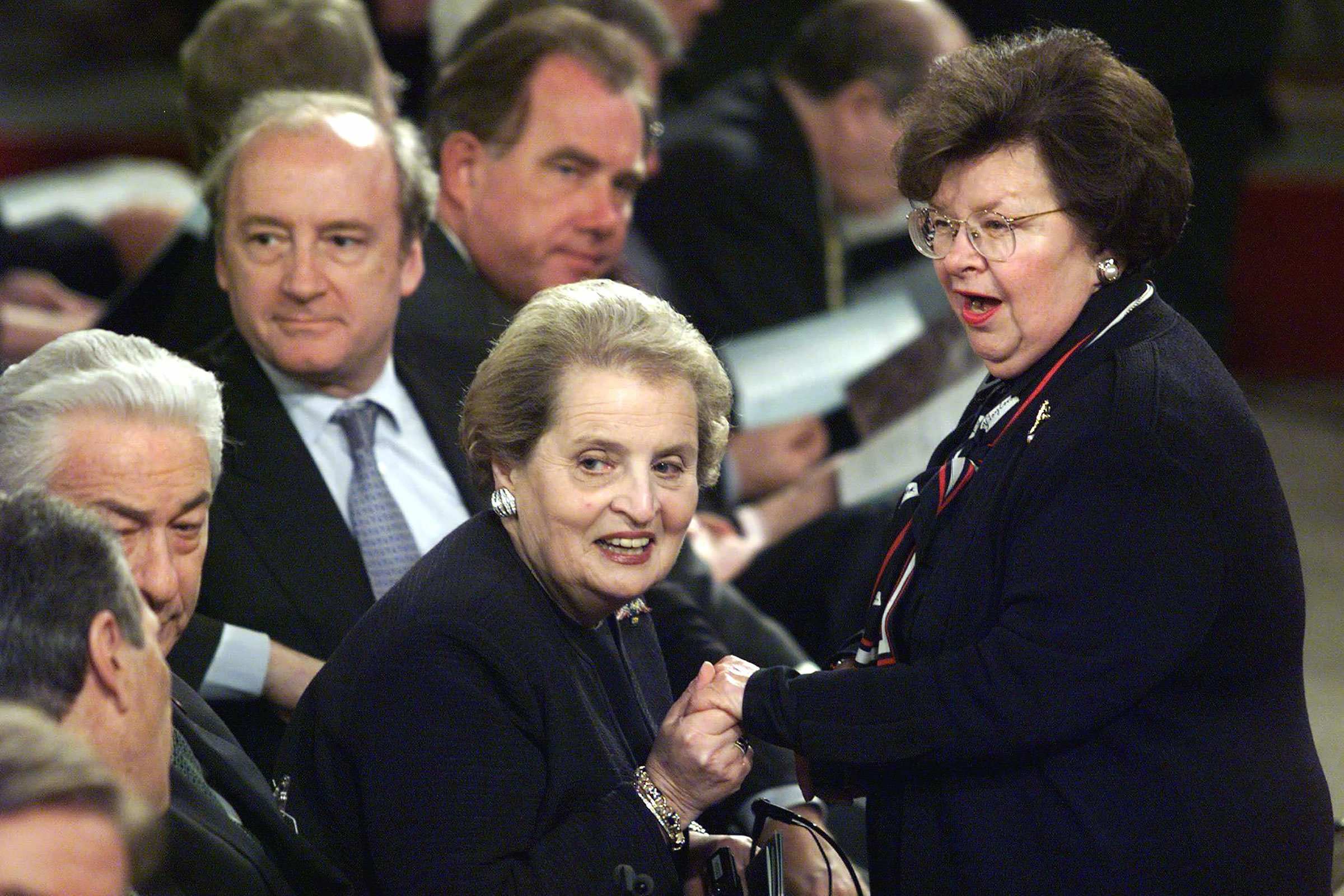
Albright was unanimously confirmed by the Senate on Jan. 22, 1997. As Secretary of State, she promoted the expansion of NATO, led the call for military intervention as Kosovo fought for independence from Serbia, negotiated with Kim Jong Il in Pyongyang about nuclear weapons, and promoted the advancement of women around the world.
“In the culture of the State Department, issues having to deal with such things as women’s rights and children’s health and so on were always — let’s say those were not the centers of power at the State Department,” says Thomas Lippman, a scholar at the Middle East Institute and author of Madeleine Albright and the New American Diplomacy.
But those issues became priorities under Albright — who, for example, pushed for requirements that women’s toilets be located closer to their sleeping quarters in U.N. refugee camps due to concerns about sexual assault. “Things like that, which were easily fixable, were put on the agenda,” Lippman says.
But Albright also faced criticism for her response to some key foreign policy issues. As U.N. Ambassador, her recommendation to withdraw peacekeeping forces from Rwanda amid a crisis that turned into a genocide, leaving an estimated 800,000 people dead, has since drawn intense scrutiny — a decision she described as her “greatest regret.”
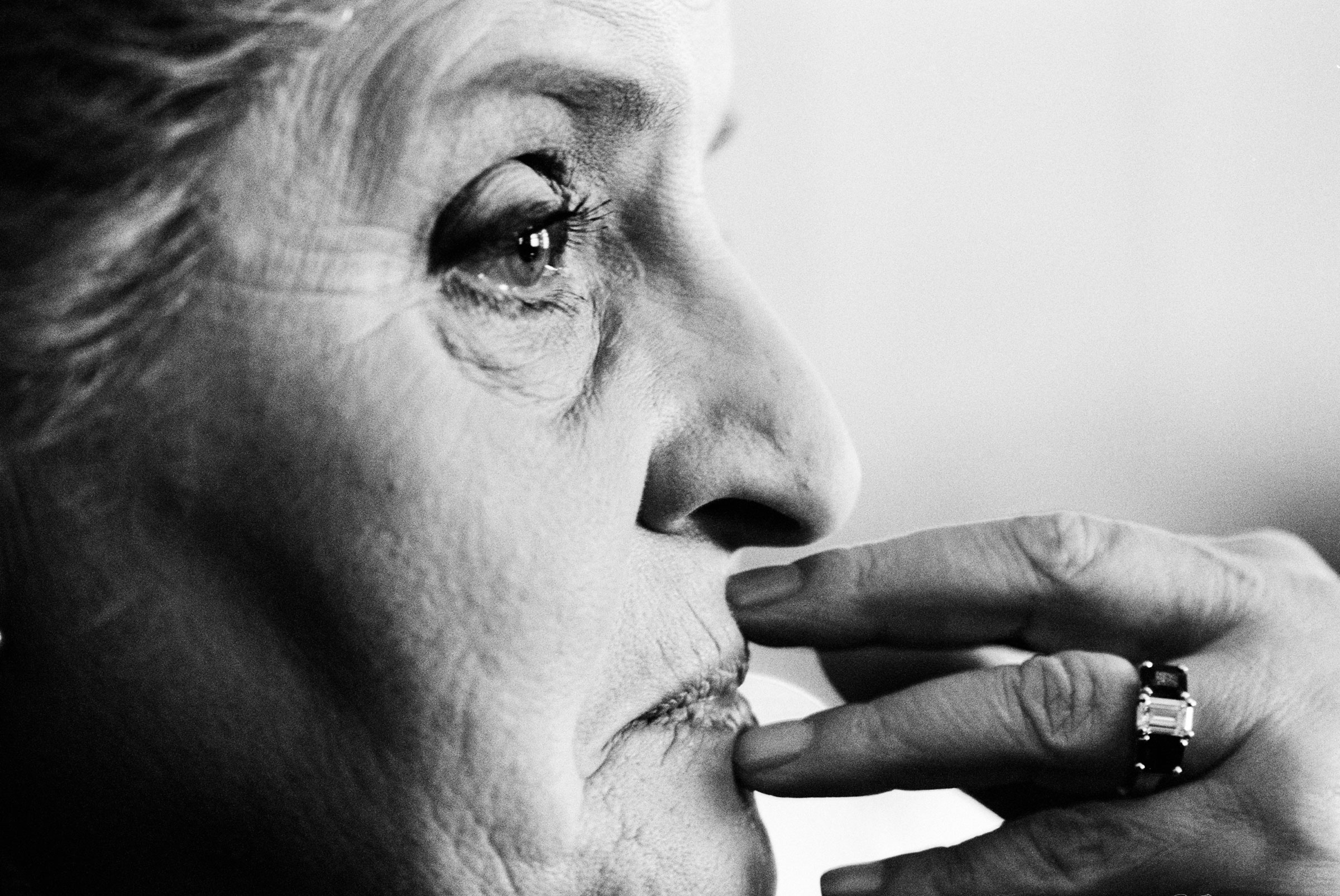
After leaving public office, Albright returned to the Georgetown University School of Foreign Service, where she was a professor in the practice of diplomacy. She wrote seven books, most recently Hell and Other Destinations, and remained an engaged and influential voice in policy debates until her death.
“She’s had a very significant imprint on how we think about the world and how we think about U.S. contributions and influence in the world,” says Jolynn Shoemaker, a professor of national security and a fellow at Our Secure Future, where she focuses on women’s leadership in foreign policy.
“From the perspective of women’s leadership, it was obviously a huge shift in terms of showing that a woman could be a successful Secretary of State, and I think the optics of that were not lost on an entire generation or more of women.”
Correction, March 24:
The original version of this story misstated the number of books written by Madeleine Albright. She wrote seven books, not six, most recently publishing Hell and Other Destinations in 2020.
More Must-Reads from TIME
- Cybersecurity Experts Are Sounding the Alarm on DOGE
- Meet the 2025 Women of the Year
- The Harsh Truth About Disability Inclusion
- Why Do More Young Adults Have Cancer?
- Colman Domingo Leads With Radical Love
- How to Get Better at Doing Things Alone
- Michelle Zauner Stares Down the Darkness
Write to Katie Reilly at Katie.Reilly@time.com